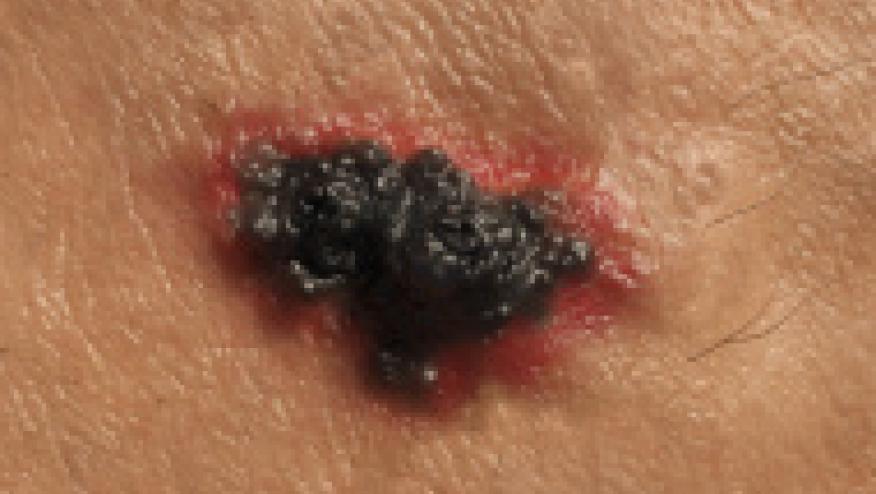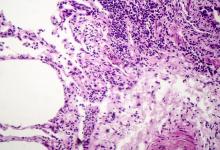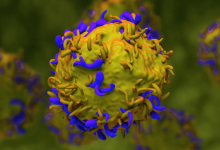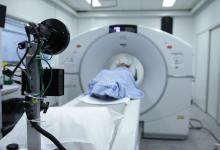Rheumatoid Arthritis, TNF inhibitors and the Risk of Skin Cancer Save

Rheumatoid arthritis (RA) patients are said to have a neutral risk for neoplasia, but this is because they have a lower risk of colon cancer and breast cancer but a higher risk of lung cancer, lymphoma and skin cancers.
Swedish researchers have examined the risk of basal and squamous cell skin cancers by analyzing their RA patients who received their first biologic in 1998-2012 (n=12 558), and matched these to a general population comparator cohort.
The risk of basal cell cancer was elevated when comparing biologics-naive RA with the general population (HR 1.22; 95% CI, 1.07 to 1.41), but was not signifificantly increased when comparing TNF inhibitor treated RA patients against those were were biologics-naive (HR 1.14; 95% CI, 0.98 to 1.33).
The risk of squamous cell cancer was also increased when comparing biologics-naive RA patients with the general population (HR 1.88; 95% CI,1.74 to 2.03) and was increased when RA patients were receving TNF inhibitors (versus with biologics-naive RA; HR 1.30; 95% CI, 1.10 to 1.55). Thus the annual number needed to harm (cause SCC with a TNFi) is in the order of 1600. Among people with a history of squamous cell or basal cell cancer, TNF inhibitors did not further increase risks.
RA continues to show an increased risk of both basal cell and squamous cell skin cancers. TNF inhibitor therapy appears to further this risk for squamous cell cancer by 30%. These data underscore why the current product labeling for all TNF inhibitors call for annual skin examinations to identify potential skin cancers.










If you are a health practitioner, you may Login/Register to comment.
Due to the nature of these comment forums, only health practitioners are allowed to comment at this time.